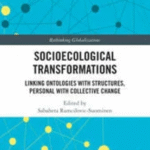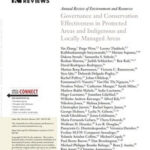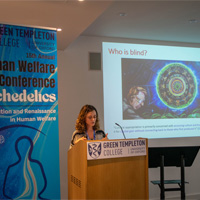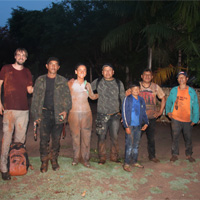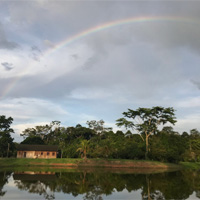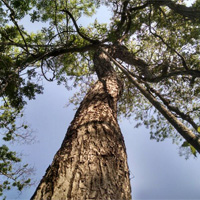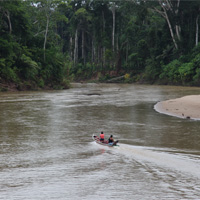Pamela Jagger, Maria Brockhaus, Amy E. Duchelle, Maria Fernanda Gebara, Kathleen Lawlor, Ida Aju Pradnja Resosudarmo, William D. Sunderlin Forests, v. 5, p. 2136-2162, 2014.
REDD+ social safeguards have gained increasing attention in numerous forums. This paper reviews the evolution of multi-level policy dialogues, processes, and actions related to REDD+ social safeguards (e.g., Cancun Safeguards 1–5) among policy makers, civil society organizations, and within the media in Brazil, Indonesia and Tanzania, three countries with well advanced REDD+ programs. We find that progress on core aspects of social safeguards is uneven across the three countries. Brazil is by far the most advanced having drafted a REDD+ social safeguards policy. Both Brazil and Indonesia have benefited from progress made by strong sub-national entities in the operationalization of REDD+ safeguards including free prior and informed consent (FPIC), participation, and benefit sharing. Tanzania has weakly articulated how social safeguards will be operationalized and has a more top-down approach. We conclude that in all three countries, measuring, reporting and verifying progress on social safeguards is likely to be a complex issue. Stakeholders with vested interests in REDD+ social safeguards operate in polycentric rather than nested systems, suggesting that aggregation of information from local to national-scale will be a challenge. However, polycentric systems are also likely to support more transparent and comprehensive safeguards systems. Clear direction from the international community and financing for REDD+ safeguard MRV is essential if REDD+ social safeguards are to be meaningfully integrated into forest-based climate mitigation strategies.
Keywords: benefit sharing; governance; FPIC; tenure; participation; policy; polycentric




